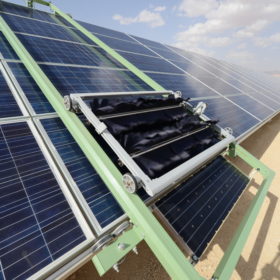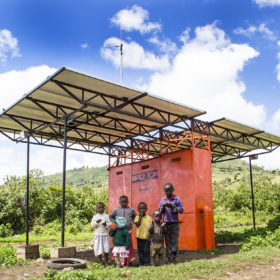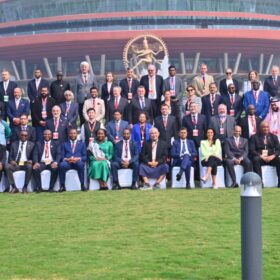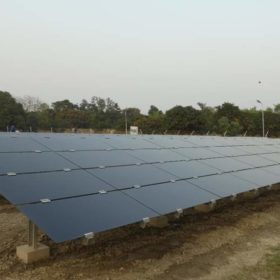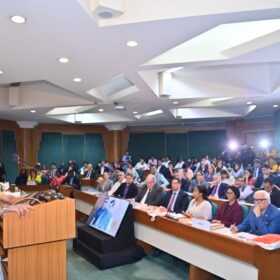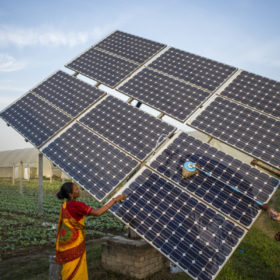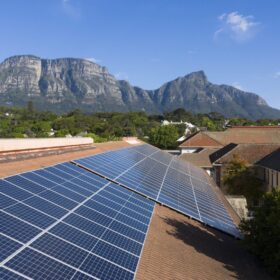Israel to build energy communities in villages destroyed by Hamas
Israel’s Ministry of Energy and Infrastructure says it is currently developing a multi-year program for communities attacked by Hamas on Oct. 7. It aims to deploy 5 GW of energy in the destroyed areas, once residents return.
India’s solar installations surpass 72 GW
India has installed an overall 72,018 MW of solar capacity as of Oct. 31, 2023. Grid-connected solar rooftops account for 15.38% of the cumulative installations.
Solar energy as the change maker in rural India
To scale the adoption of clean technologies in rural areas, we need to focus more on leveraging the experience of early women adopters. We should organise hyperlocal events and demos – create spaces for women to network and become aware.
Ensuring a just and inclusive energy transition for the Global South
Amid calls for an immediate transition to renewable energy, it’s important to ensure that aspects such as domestic resource utilization, the cost of transition, and the impact on the population are not overlooked.
India hosts sixth session of International Solar Alliance Assembly in New Delhi
The Assembly has decided to increase the viability gap funding for solar projects in member countries from 10% of the project cost to up to 35%, depending on the capacity and needs of the countries and their respective projects.
ISES Solar World Congress comes to Delhi
The International Solar Energy Society’s Solar World Congress 2023 has started in New Delhi, alongside the sixth session of the International Solar Alliance Assembly.
Husk Power secures $100+ million to fund new solar minigrids in Africa and South Asia
Husk Power Systems (Husk) has raised over $100 million in equity and debt to fund its new solar minigrid projects in South Asia and Africa. The company said the new capital would support 1,400 new minigrids, around 300,000 new connections, and avoid 350,000 tonnes of CO2 from the displacement of diesel generation while adding 2,500 new direct jobs.
Leaders from 116 countries to attend the 6th Assembly of International Solar Alliance in New Delhi
The Sixth Assembly of the International Solar Alliance will focus on universalizing energy access through solar mini-grids, mobilizing finance for accelerated solar deployment, and diversifying supply chains and manufacturing for solar.
Uttar Pradesh targets 30,000 solar pump installations under PM KUSUM this fiscal
The state and the central government will provide cumulative financial support of INR 434 crore ($52.2 million) for the installation of 30,000 solar pumps across the state.
The importance of solar mini-grids in universalizing energy access
As solar energy becomes the most cost-effective form of energy generation in many countries, with clear climate, energy, and economic benefits, its acceptance and political support are growing. To enhance resilience and sustainability, strategies that incorporate a diverse energy mix, combining centralized and distributed renewable generation, are most effective, especially in underserved nations.

